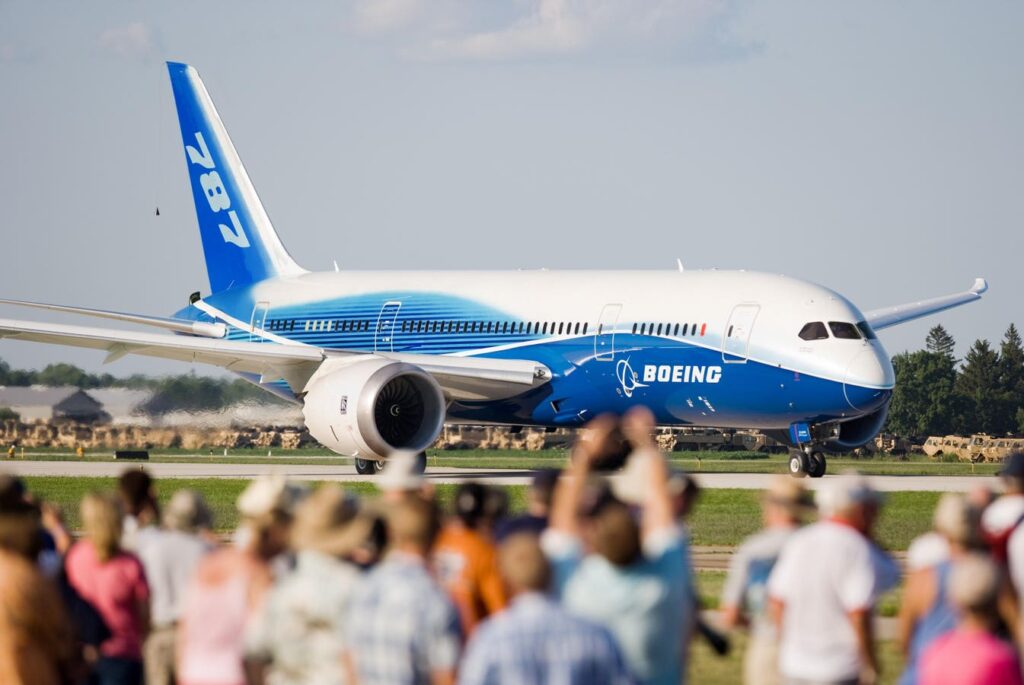Boeing is currently navigating a challenging landscape as it attempts to restore its legacy following significant setbacks, notably the 737 MAX crisis, which has tainted its reputation and disrupted its operations. Boeing President and CEO Kelly Ortberg’s recognition of the company’s need for a cultural transformation reflects this reality. To reclaim its status as an aerospace leader, Ortberg emphasizes the importance of a focus on responsibility, operational excellence, and a return to core values. This cultural shift is crucial, but it is essential to understand that merely changing the corporate mindset will not address all the underlying issues facing Boeing. Effective recovery will require structural reforms, improved operational performance, steadfast leadership accountability, and a stabilization of the company’s financial standing.
The significance of corporate culture in industries like aerospace cannot be understated; it serves as a fundamental element influencing operational success. In organizations where precision, safety, and strategic foresight are paramount, culture plays a vital role in shaping employee behavior and decision-making. A robust culture fosters creativity, collaboration, and a sense of accountability. Companies such as Netflix exemplify the impact of a positive corporate culture on driving innovation and transforming industries. For Boeing, cultivating a culture that prioritizes safety and responsibility is essential for its recovery strategy.
Boeing’s past missteps, such as focusing on short-term profits at the expense of safety and innovation, highlight the consequences of neglecting core values. The decisions made during the development of the 737 MAX illustrate how cost-cutting measures can lead to disastrous outcomes and significant reputational damage. A cultural transformation is necessary to realign the company with its foundational principles, ensuring that safety, quality, and ethical behavior guide future operations. Under Ortberg’s leadership, Boeing is undertaking initiatives aimed at reinforcing these values, such as enhancing safety protocols and fostering open communication between management and employees, which are reminiscent of the transformative cultural shifts seen at companies like Microsoft under Satya Nadella.
Implementing improvements in program execution is inherently tied to Boeing’s cultural overhaul. For the company to regain its standing and achieve operational excellence, it must cultivate a workforce dedicated to quality outputs and motivated by a shared sense of purpose. A strong company culture can significantly enhance employee morale and enable organizations to overcome challenges, as demonstrated by Toyota’s Kaizen philosophy of continuous improvement and attention to detail. A robust, accountable work environment is likely crucial as Boeing aims to position itself for growth and innovation while addressing the immediate need for financial stabilization.
Boeing’s long-term strategy is focused on nurturing a culture of openness and accountability that supports both its immediate recovery and future technological advancements. The company’s commitment to innovation, sustainability, and reducing emissions exemplifies its dedication to evolving the aerospace sector. This cultural shift seeks to replicate the innovative spirit found at companies like Apple, which has thrived on creativity and pushing industry boundaries. By embedding these cultural values, Boeing aims to reestablish itself as a leader in aerospace engineering while fostering an environment conducive to sustainable growth.
As Boeing embarks on this cultural transformation, the role of its employees becomes increasingly significant. Leaders are responsible for ensuring that principles of safety, excellence, and responsibility are woven into the organization’s fabric at every level. Positive changes are already being observed, including heightened safety inspections and improved morale among staff, as a commitment to honesty and integrity becomes evident. For investors, understanding the relationship between company culture and long-term growth potential is crucial. Strong organizational values not only enhance performance but also play a pivotal role in a company’s ability to innovate and retain talent. In Boeing’s case, a successful cultural renaissance is necessary to restore investor confidence and bolster the company’s reputation, reinforcing the idea that corporate culture is fundamentally linked to resilience and sustained success in the long run.

